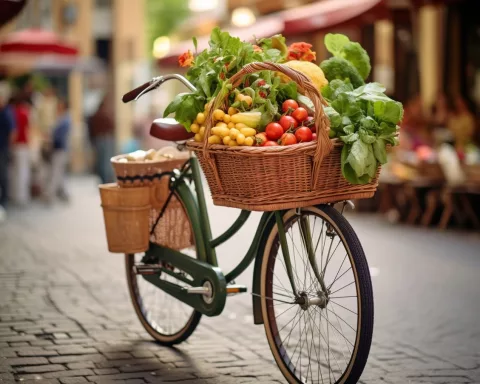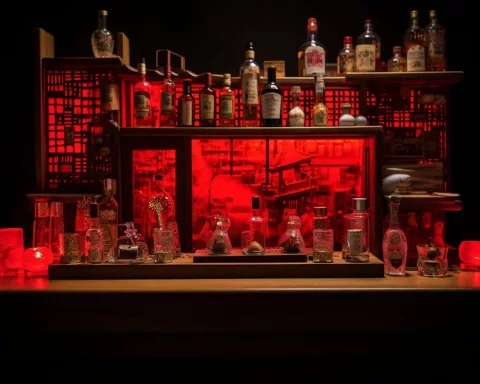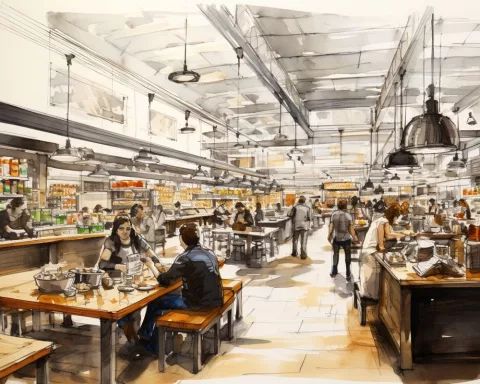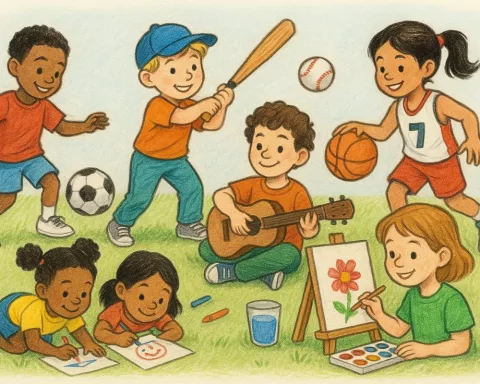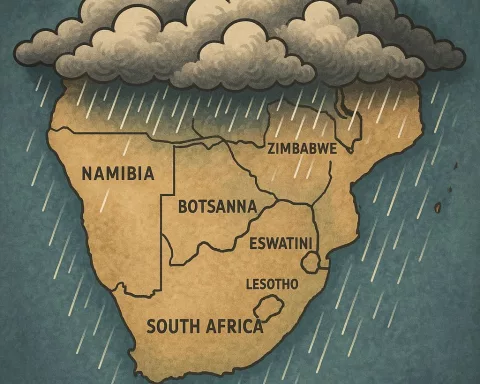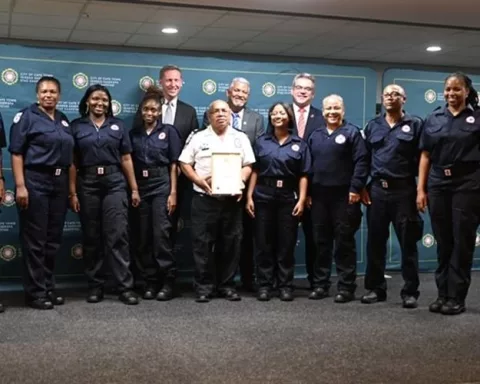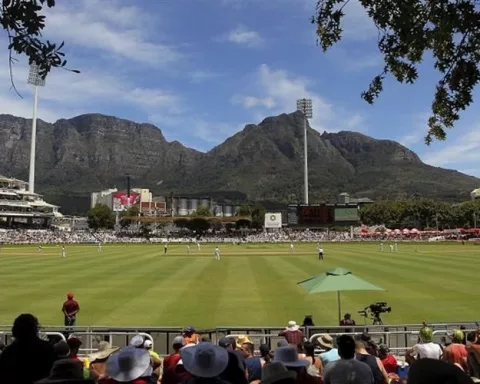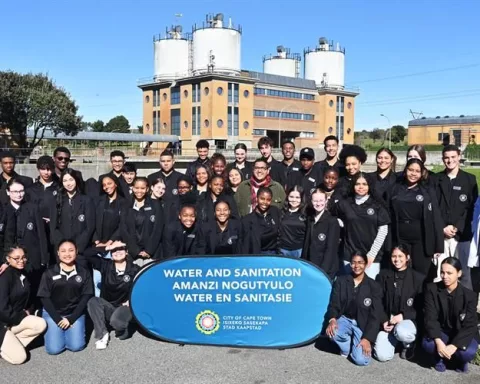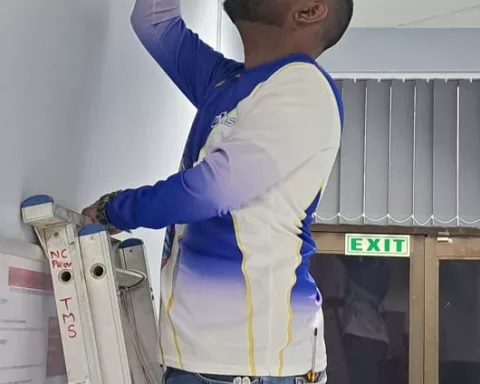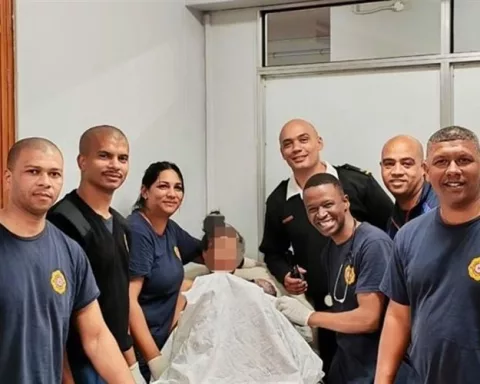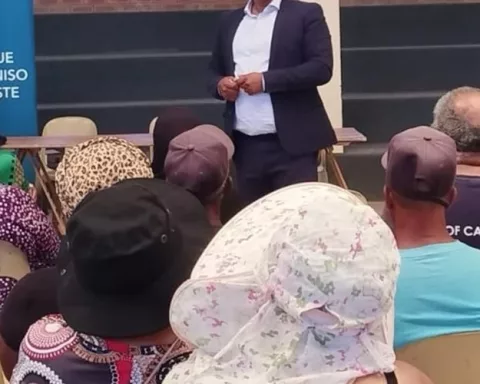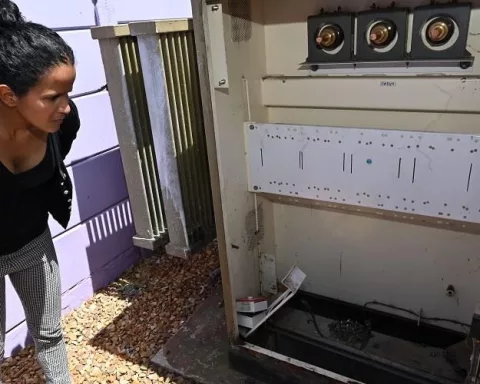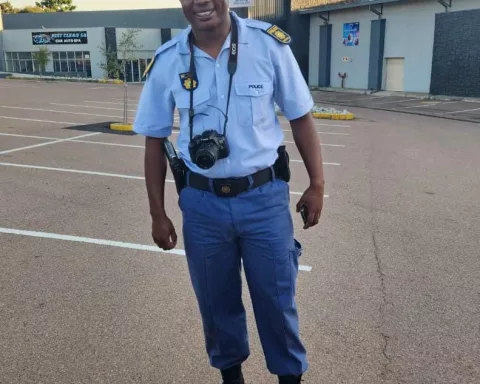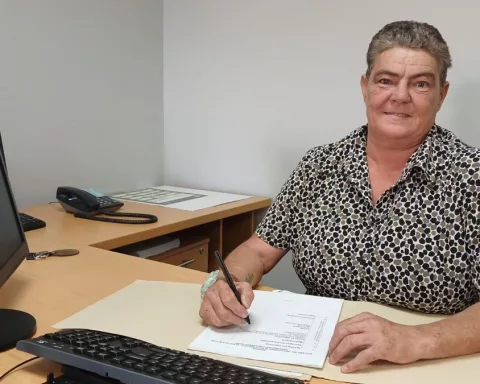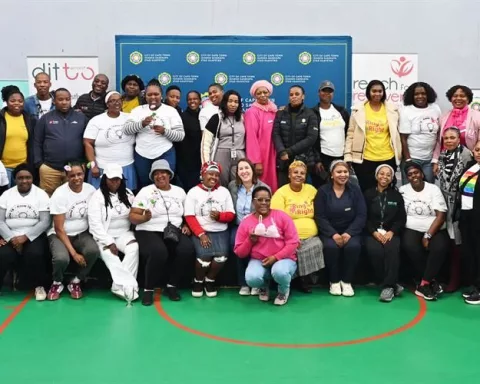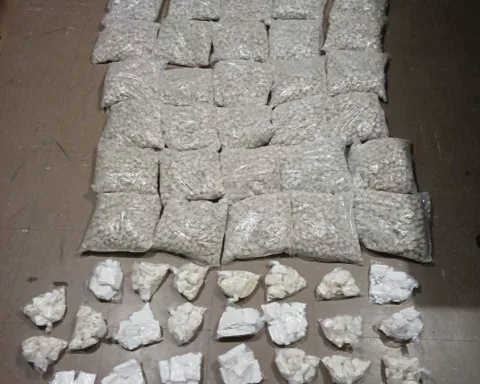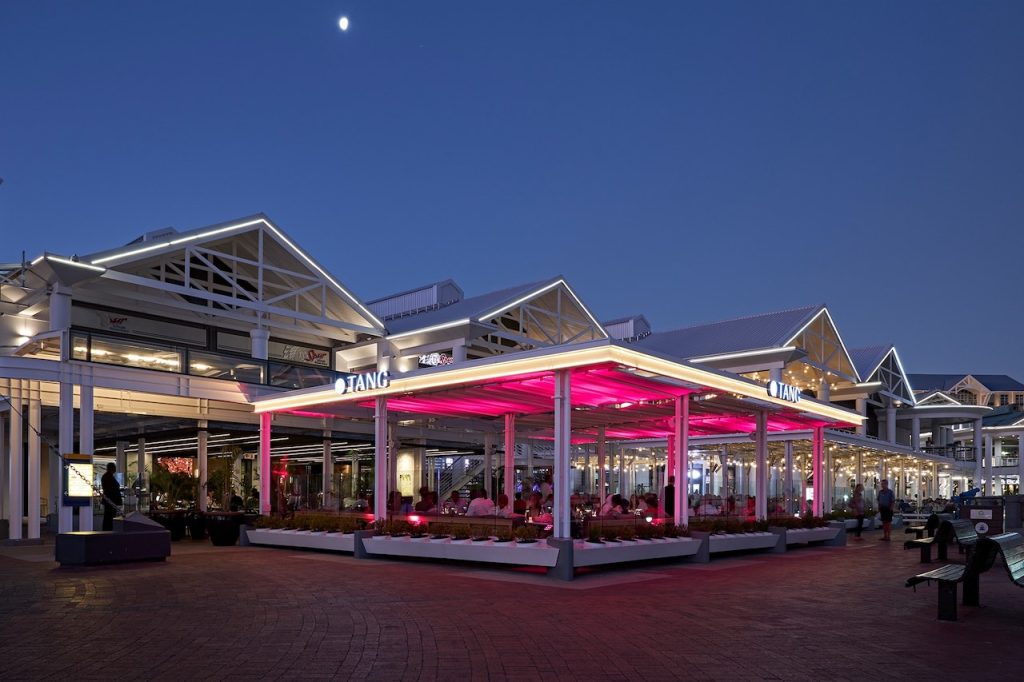Cape Town News
Cape Town keeps its streets bright and safe at night by fixing and protecting over 245,000 streetlights. The city fights theft and vandalism by using less valuable materials and burying cables underground, while also encouraging the community to help watch over their power. Every glowing lamp turns the night into a welcoming place where people feel secure and connected, showing how teamwork between workers and residents can light up the city’s future.
Metro Police officers in Cape Town work every day to keep the city safe by catching criminals, removing illegal drugs and guns, and enforcing laws. Their job is tough, filled with risks, and often goes unnoticed unless something serious happens. They use modern technology like body cameras to protect themselves and the public, but still face challenges like mistrust from some communities. Despite this, they remain committed, working long hours with courage and care to protect residents and maintain peace across the city.
Table Mountain National Park, once a peaceful place loved by many, is now seeing more violent attacks, especially against women who are now twice as likely to be targeted. This rise in crime has made visitors feel scared and cautious, changing how people enjoy the trails. Rangers and community groups are working hard to make the park safer, but many believe more needs to be done. The challenge is to protect the mountain’s beauty and openness while keeping everyone safe and welcome.
Sergeant Edward Mndeni Mzila is a brave detective in KwaZuluNatal, fighting against terrible crimes like serial rapes and online predators. He uses science and smart thinking to solve tough cases, such as catching the ‘Durban Highway Rapist’ and another criminal who lured victims through Facebook. Mzila’s work not only brings justice but also gives hope to those who suffer from violence. With his passion and skill, he shows that protecting the community and standing up for the vulnerable is a mission worth pursuing every day.
Cape Town is preparing its youth to tackle big water challenges through the Junior City Council program, where students get handson learning at water treatment plants. They explore how water is cleaned, recycled, and turned from seawater into fresh water, gaining valuable knowledge about sustainability. Guided by city leaders, these young learners discover how innovation and teamwork help protect the city’s water supply for the future. Inspired and empowered, they leave ready to make a difference in their communities and beyond.
The small but mighty Polyphagous Shot Hole Borer (PSHB) beetle is threatening the beautiful trees of Somerset West, infesting over 5,000 of them, including beloved species like Boxelder and Weeping Willow. To combat this danger, the City of Cape Town is holding a free training session on December 19, 2024, inviting residents to learn how to spot and manage the beetle’s damage. This effort is vital not just for the trees, but for preserving the community’s rich cultural history tied to these natural treasures. By joining together, Somerset West can protect its urban forests and ensure they thrive for future generations.
Reshanthan Moodley has boldly transformed the South African Police Service by bringing in smart digital tools like facial recognition cameras and advanced crime management systems. Starting from helping officers with tech problems, he rose to lead big projects that blend cuttingedge technology with strong ethics and community care. Always learning and teaching, Resh shows how using new tools thoughtfully can make police work smarter, safer, and more trusted by the people. His story proves that one person’s passion and perseverance can drive real change in even the oldest institutions.
In the early morning at Ottery Fire Station, firefighters faced an unexpected challenge: helping a woman give birth right there at the station. Led by Platoon Commander Amesha Bachan, who used her emergency medical skills, they safely delivered baby Lagen before rushing mother and child to the hospital. The fire station, usually a place for urgent rescues, became a warm, caring space where teamwork and calm made a new life’s arrival possible. This event showed how firefighters do much more than fight fires they are ready to help in any emergency, big or small.
The city is helping residents by providing over R5.1 billion in support to those who need it most, like pensioners and families with low income. They offer rebates on rates, discounts on utilities, and even write off old debts to ease financial burdens. Special programs also give free water and sanitation to community centers, while electricity costs are kept affordable with tiered pricing. These efforts help people live with less worry and build a stronger, caring community for everyone.
In Mitchells Plain, a community faces a troubling rise in vandalism targeting important electrical substations. When these facilities are damaged, many homes are left without power, creating chaos and hardship. To fight back, residents are encouraged to report suspicious activities and join local watch programs, working together to protect their neighborhood. With support from city officials like Alderman Xanthea Limberg, the “Protect Your Power” campaign aims to empower everyone to be vigilant guardians of their vital resources. By standing united, the people of Mitchells Plain can help keep the lights on and their community strong.
Ben Moabi, known as “The Mighty B,” is a police officer and radio presenter from Letlhabile who works hard to keep his community safe and hopeful. He uses his voice on the radio to educate and connect people, while also fighting crime with care and courage. Ben inspires young people by sharing his story of hard work and believing in a better future. Balancing his roles as a father, officer, and communicator, he shows that real change comes from listening, acting, and caring deeply for others. His life is a bright example of how one person can bring people together and make a difference every day.
Ouzeri is a charming CypriotGreek restaurant in Cape Town that brings the warm flavors of the Mediterranean to life. Opened in 2022, it’s already recognized as one of the World’s 50 Best Discovery restaurants, thanks to chefowner Nic Charalambous’s dedication to authentic recipes from his grandparents. The restaurant offers unique dishes like savory olive bread and stuffed cabbage leaves, all in a cozy, welcoming atmosphere that feels like a hug. With its focus on fresh ingredients and sustainability, Ouzeri is not just a place to eat; it’s a delightful journey into the heart of Mediterranean culture.
Sergeant Martha “Tokkie” van Rensburg is a brave police officer in South Africa, known for her relentless fight against sexual crimes. Since joining the police in 2009, she has worked hard to bring justice to victims, securing life sentences for dangerous criminals. As a survivor herself, she understands the pain of others and pours her heart into helping them heal. Van Rensburg is not just an officer; she is a shining light of hope, showing that one person can make a big difference in the world. Her story inspires many to stand up against violence and fight for a safer future.
Antenatal care in Cape Town is a bright thread of hope for mothers and babies, offering early medical support that helps keep them safe and healthy. Clinics buzz with warmth and care, where women receive checkups, cancer screenings, and mental health support all tailored to their needs. Despite some challenges like fewer cervical screenings, the city fights back with outreach and kindness, making sure no woman feels alone. Through strong communities and caring health workers, Cape Town is weaving a future full of health, strength, and hope for every mother and child.
Lieutenant General Nhlanhla Mkhwanazi is a true leader in making South Africa safer through smart risk management. He has changed how people think about safety by involving the community and creating new strategies to tackle threats. Recently named ‘Risk Influencer of the Year,’ his work inspires others to share responsibility for safety. His success shows that strong leadership and fresh ideas can help build a safer, more resilient future for everyone.
In the Western Cape, a heroic drug bust turned a regular day into a major victory against crime. With a thrilling chase, the Flying Squad intercepted a suspicious vehicle, unveiling a shocking stash of drugs worth R4.5 million hidden inside bubble wrap. This operation not only arrested a 44yearold suspect but also showed the community that hope and safety can overcome the darkness of the drug trade. As law enforcement continues to fight back, the people in Belhar and Ravensmead find strength and resilience, dreaming of brighter days ahead.

